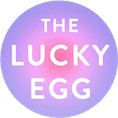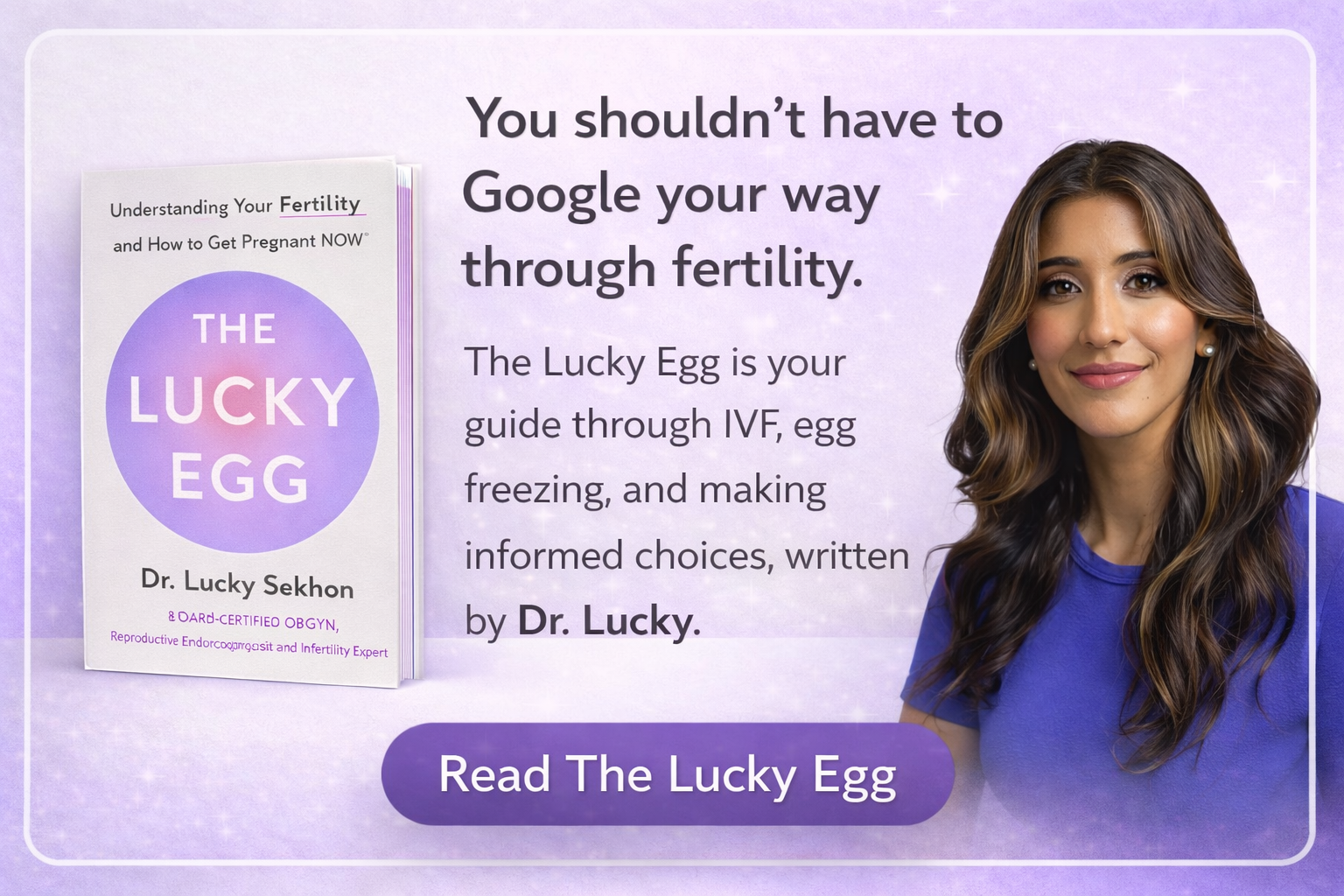The Truth About Mini IVF: Is it Better?
In the evolving landscape of fertility treatment, several terminologies and processes often garner a lot of attention. Mini IVF, also known as “minimal stimulation” IVF or “natural cycle” IVF, is one such method that has sparked an intriguing discussion in recent years. However, it’s essential to critically assess the claims associated with these practices and compare them with concrete scientific evidence to arrive at an informed decision.
What is Mini IVF?
Mini IVF essentially leverages lower doses or, in some cases, no medication to stimulate the production of eggs for IVF treatment. At first glance, it may appear an attractive option to some. It is seemingly ‘natural’ and might give an impression of fewer side effects due to less drug intervention. However, one crucial question remains: does it improve the efficiency and efficacy of IVF treatment?
How Effective Is It?
Upon close examination of the available scientific data, it appears that the use of lower doses or no medication does not enhance the quality of eggs or embryos. Instead, this approach potentially reduces the efficacy of IVF treatment by limiting the number of eggs produced, thereby increasing the number of IVF cycles needed for successful conception.
A study conducted at RMA of New York, one of the country’s busiest and highest volume fertility centers, reinforces this assertion. The research included a cohort study of 828 patients who underwent 1122 IVF cycles involving controlled ovarian stimulation and trophectoderm biopsy for preimplantation genetic screening (PGS), from 2010 to 2015. Remarkably, the study revealed no association between the dose of medication used during the cycle and the odds of embryos being genetically abnormal.
In another enlightening study, mini IVF was scrutinized, where no medications were used, and a single follicle was aspirated to obtain an egg. Interestingly, the embryos generated from this approach did not exhibit better quality than expected given the egg age.
It is crucial to acknowledge that IVF treatment is fundamentally a numbers game. With higher egg retrieval, the chances of obtaining a normal embryo(s) increase significantly. Opting for methods that limit the number of eggs obtained, such as mini IVF, contradicts the underlying logic of improving success rates.
A common presumption that drives individuals towards low dose or natural cycle IVF is the supposed lower risk of Ovarian Hyperstimulation Syndrome (OHSS). While it’s true that OHSS is a potential risk associated with ovarian stimulation, advances in modern-day protocols have made it less common. Moreover, when it does occur, it tends to be mild. Protocols now involve the use of GnRH antagonist to prevent ovulation and lupron trigger with a low dose or NO hcg at all. Further, the option to defer a transfer to a subsequent cycle, remote from ovarian stimulation, mitigates this risk further.
Mini IVF Doesn’t Improve Outcomes
All these insights indicate that minimal stimulation IVF does not necessarily improve outcomes. Instead, it may increase the number of cycles needed for a successful result. That being said, it’s important to recognize that every individual and every case is unique, and there might be rare instances where minimal dosing for IVF could be considered.
It is crucial to seek expert advice from experienced fertility specialists when making decisions about fertility treatment. Understanding the science and the data behind different IVF procedures empowers you to make informed choices about your fertility journey.


